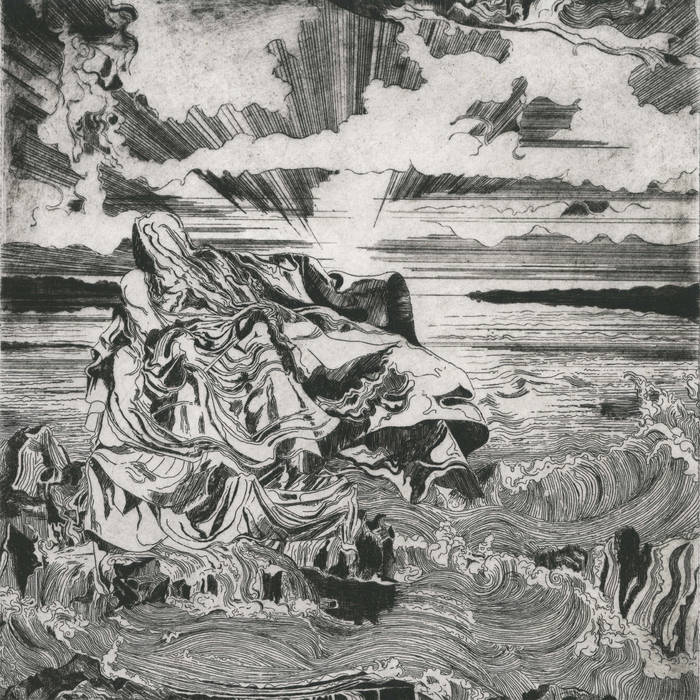The Shovel Dance Collective’s raison d’être is to find hidden queer histories, feminist narratives and the stories of working people in old English, Irish and Scottish folk music. Into that bargain, they have exhumed plenty of misery lurking in the soil, with songs encoded with fascinating information; sonic documents that are their own kind of archeology. Passed down through oral tradition, and inevitably refashioned over the years, the haunting palimpsests of experience linger in these songs like ghosts. The collective have become adept at tapping into the bleakness, but also drawing out the hope and humanity.
It’s fair to say The Shovel Dance has more in common with the shovel than the dancing of its title. Transience is imprinted into the DNA of the songs, and while we all know life is short, it used to be shorter. In the mid-nineteenth century when some of these tunes were modified into the formats they largely exist in now, the infant mortality rate was as high as four in ten in London (the city where these nine musicians base themselves). Ergo, the likelihood of the shovel coming for you before any dancing was only just short of probable.
Not until the fifth song, here, is anyone likely to leap from their chair in order to shake a leg and lose themselves in the moment. ‘The Merry Golden Tree’ is almost entirely devoid of any titular merriment, while ‘O’Sullivan’s March’, an Irish jig, is squeezed for every drop of its pathos. It’s not until ‘Kissing’s Nae Sin’, a Scottish traditional song once covered by Ewan MacColl, where we’re offered respite from life’s drudgery, accompanied by a tin whistle and bodhran. Directly following such wanton abandon comes the inevitable comeuppance: ‘Four Loom Weaver’ probably originates from the Middle Ages and is a stark reminder of the precarity of life during serfdom, a harrowing lament on starvation sung a capella.
They apparently approached this second album with the aim of it being more representative of their live shows, with fewer field recordings or forays into musique concrète, though we do begin with the life affirming clarion of birdsong. The melody of ‘Abbots Bromley Horn Dance’ offers a moment where beauty is attained, if only fleetingly, and we’re perhaps reminded what it feels like to be alive in such moments. The song is played annually at the Staffordshire village of the title, where residents take to the streets carrying reindeer horns as a hobby horse makes its way through the town. That fleeting ritualistic joy is tempered in a medley here, as the horn dance gives way to ‘The Worms Crawl In’, a none-too-subtle reminder that the danse macabre awaits us all.


